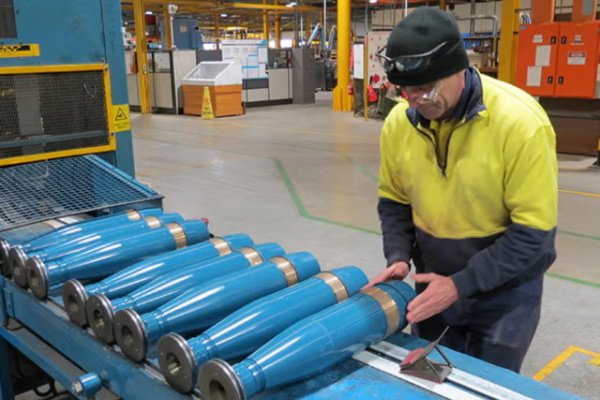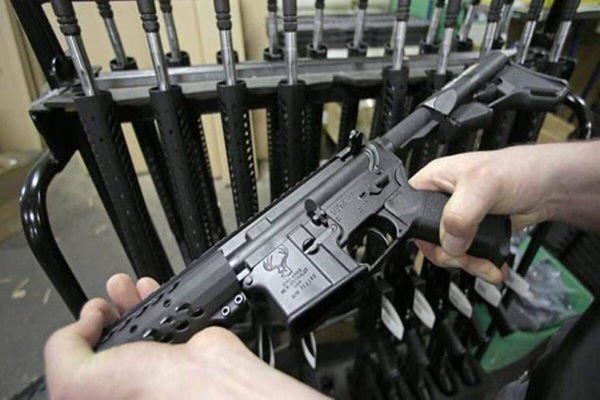Will war ever end?
When will the fighting stop?
“When we see fellow soldiers fall in combat, the effect is often deep and lasting. These events weigh heavily on us, changing how we think about the reasons for war. Many of us find ourselves drawn away from violence and instead long for an end to the fighting. This wish for peace is strong, shaped by the pain of losing those close to us.”

As nations chase more power and wealth, the quiet promise of safety shatters. Money changes hands behind closed doors, greed grows, and weapons become bigger and more deadly! In this uneasy race, people’s needs are left on the sidelines while leaders fight for an upper hand. Money and corruption push governments towards building bigger arsenals.
Many people live off the arms business
Since the early 20th century, the arms trade has been the world’s most globalised industry. It employs around 50 million people worldwide, directly or indirectly. Additionally, one quarter—roughly 500,000—of the world’s scientists are involved in military research.
Immense economic interests are involved
Since 1960, nations have spent 15.2 trillion dollars (equivalent to $15,200,000,000,000 in 1984 US dollars) on the arms race. Demand remains relentless—in 1987, military spending hit a staggering $1.8 million per minute, a record high. That same year, 22 active wars raged worldwide, causing at least 2.2 million casualties—more conflicts than in any previous year in recorded history. Among these, the Iran-Iraq war stood out as the bloodiest and most resource-draining regional conflict, devouring weapons supplied from across the globe.

“Despite frequent talk of peace, global military expenditures now approach 1 trillion dollars a year! Yes, the world spends nearly 3,000 times more on warfare than on peacekeeping efforts!”
jumping on the global arms gravy train!
The two superpowers dominate as the world’s top arms suppliers. In Western Europe, France, Britain, Germany, and Italy lead the trade, with Greece, Spain, and Austria recently joining their ranks.

Even neutral nations profit from weapons sales. Sweden—renowned as the home of the Nobel Peace Prize—hosts two of the world’s most advanced arms manufacturers, producing jet fighters, artillery, and explosives for export. Switzerland, committed to the Red Cross and humanitarian causes, also participates in the international arms market. Adding to the fierce competition, a growing number of developing nations are now emerging as arms producers.
Cutthroat Competition
Just as advertisers promote cars or household goods, arms dealers market their lethal products through glossy trade journals, boasting of their weapons’ “proven lethality.”
Imagine opening your morning paper to an ad reading, “Looking for a killer missile? The RBS 70 delivers a highly effective warhead.” Or another offering a lightweight anti-tank weapon with the tagline: “One hit—one kill! . . . Nothing can stop it.”
Such ads would outrage readers in mainstream media, yet arms trade publications are filled with them. Nowhere do they mention that the enemy may wield the same deadly, precision-engineered weapons. Nor do they address how civilians—the ultimate “consumers”—will suffer the consequences.
Shady Business

Though most arms deals occur between governments, the trade is murky. A confidential report states,
“A vast commercial network operates in the shadows as well as through official channels. Governments advance their own interests, often in secrecy.”
Even when weapon-producing states impose strict export controls, arms still reach war zones. A Stockholm International Peace Research Institute report explains,
“There are no waterproof barriers between the legal ‘white’ arms trade and the ‘grey’ or ‘black’ markets. No arms-selling nation appears capable of fully controlling how, against whom, or by whom these weapons are used.”
A Newsweek investigation predicts,
“Restraints on arms sales will likely crumble as more countries compete for a share of the market.”
Behind the scenes of government deals, a legion of private dealers operates worldwide. These include corporate sales representatives, middlemen who never handle weapons, smugglers trading drugs for arms, and small-time hustlers.
Unethical Tactics
In their pursuit of profit, some arms firms resort to ruthless methods. Investigative journalist Adrian Carson has exposed several of their alleged schemes:
- Fuelling war fears to push their own nations toward militarisation and increased arms production.
- Bribing officials on a massive scale to secure contracts.
- Spreading false intelligence about foreign military programs to justify higher defence spending.
- Manipulating public opinion through media influence.
- Pitting nations against each other to escalate demand.
- Forming cartels to artificially inflate weapons prices.
Yet, the arms industry thrives as never before. Neither the League of Nations nor its successor, the United Nations—history’s largest peace organisations—have persuaded a single member state to ‘beat its swords into plowshares.’ The trade is now so deeply entrenched in global politics and economics that many believe it is beyond human power to dismantle!
So—is there any force strong enough to end it?

